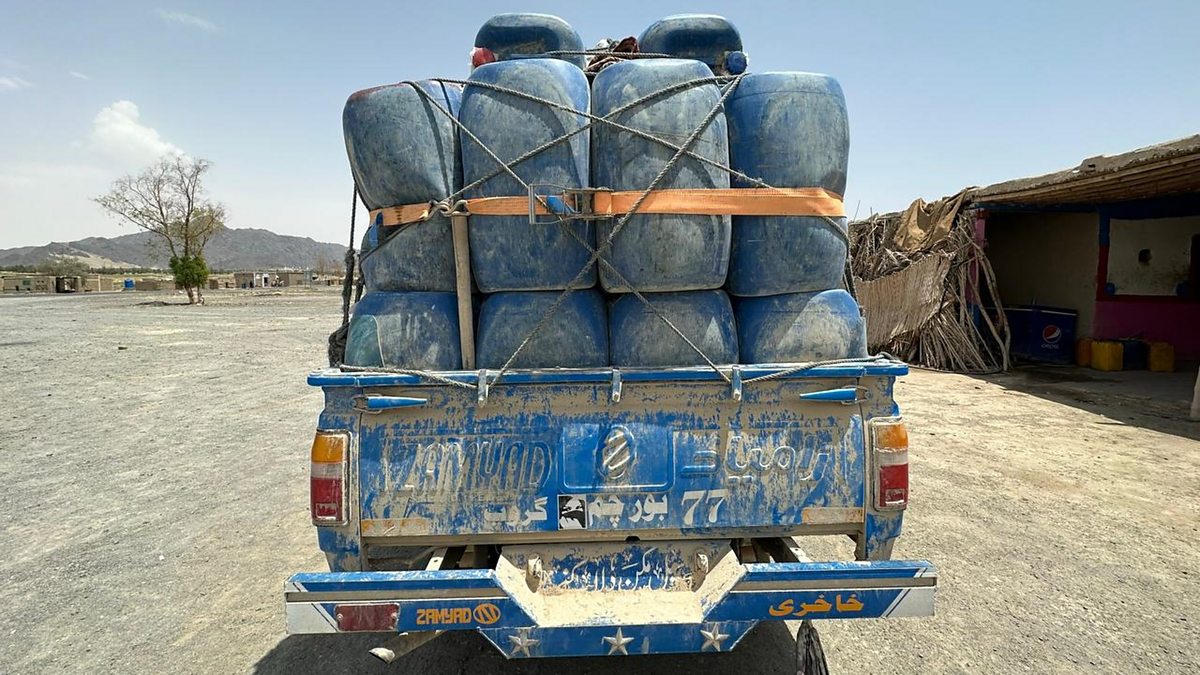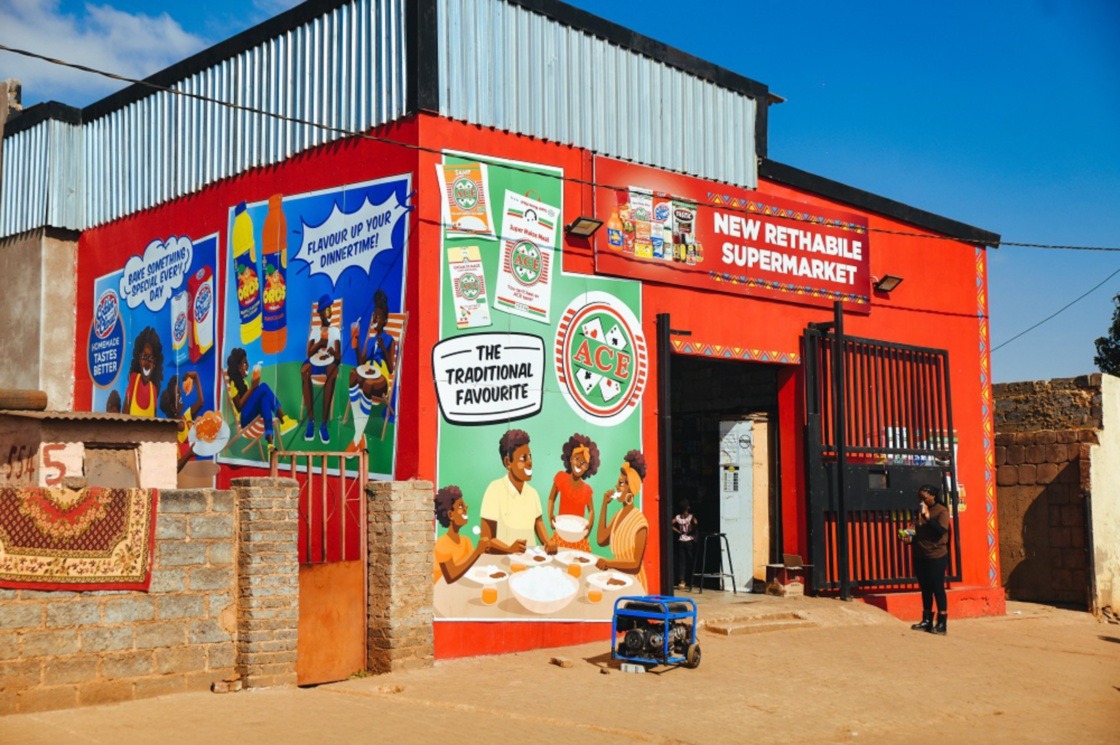
Introduction
Forensic Backlog has emerged as one of the most pressing challenges within South Africa’s criminal justice system. As forensic laboratories fall behind, essential evidence remains unprocessed for long periods, leaving cases stalled and communities frustrated. Police officers, prosecutors and judges rely heavily on timely DNA, toxicology and fingerprint results to move investigations forward. When these delays stretch for months or years, victims lose hope and suspects remain in uncertainty. This issue affects thousands of active cases across the country, with a particularly severe impact on gender-based violence investigations. In this article, we explore the main factors contributing to the backlog, the consequences for justice and why urgent reforms are necessary to restore confidence in the system.
Forensic Backlog as a System-Wide Breakdown
Forensic Backlog represents a system-wide breakdown rather than an isolated problem. When laboratories fall behind, the entire chain of justice slows down. Police cannot finalise their dockets, prosecutors are unable to present complete evidence and courts repeatedly postpone hearings. Over time, small delays turn into a massive backlog that affects nearly every part of the legal process. This growing crisis highlights deep structural weaknesses in planning, coordination and resource allocation. Some cases even fall through the cracks, leaving victims feeling abandoned. The backlog also creates inconsistency in how quickly different cases progress, leading to frustration among families and communities. As public pressure increases, officials face mounting scrutiny about why the system continues to struggle. Without major changes, the problem risks becoming permanent, weakening the justice system’s ability to serve citizens fairly and efficiently.
Forensic Backlog and the Pressure on DNA Testing Units
Forensic Backlog places enormous pressure on DNA testing units, which handle some of the most sensitive and time-critical evidence in criminal investigations. DNA results are essential for identifying suspects, confirming allegations and linking repeat offenders to multiple crimes. However, the number of samples arriving at laboratories far exceeds the processing capacity. Staff shortages, outdated machines and limited supplies slow down the workflow even further. When DNA units experience bottlenecks, thousands of cases remain incomplete, including rape, murder and missing-person investigations. These delays weaken the quality of evidence presented in court, making it harder to secure convictions. Investigators often express frustration at having to wait months for results that should take days. As long as DNA units remain overwhelmed, the justice system cannot function at the pace required to address rising crime levels effectively.
Forensic Backlog and Its Impact on Investigations
Forensic Backlog has a direct and damaging impact on criminal investigations. Detectives rely on timely evidence to guide their work, especially in complex or violent cases. Without forensic results, they cannot confirm alibis, identify suspects or connect pieces of evidence that may appear unrelated. This forces officers to continue working with incomplete information, delaying arrests or weakening the overall strength of the case. Victims expect quick progress, but investigators often find themselves giving the same response: “We are waiting for the lab.” Such delays create frustration and emotional strain for families who want resolution. The backlog also affects police morale, as officers feel powerless when critical evidence remains stuck in the system. As long as investigations are hindered by delayed results, crime-fighting efforts remain less effective, and communities continue to feel vulnerable.
Forensic Backlog and Courtroom Consequences
Forensic Backlog has created major challenges inside South Africa’s courtrooms. Judges cannot proceed with trials when essential evidence is missing, leading to repeated postponements. These postponements stretch out for months, and in some cases years, causing frustration for everyone involved. Defence lawyers may challenge the fairness of the process, arguing that long delays violate the right to a speedy trial. Prosecutors struggle to maintain strong cases without completed forensic reports. When key evidence remains unavailable, cases may be struck off the roll or withdrawn entirely. This results in dangerous offenders potentially returning to communities without facing consequences. The backlog also contributes to congestion in the court system, as unresolved cases accumulate faster than new ones can be processed. With every delay, public trust weakens, and confidence in the justice system becomes harder to restore.
Forensic Backlog and Public Confidence in Justice
Forensic Backlog deeply affects public confidence in the justice system. When citizens hear that serious cases are delayed because evidence is unprocessed, they begin to question whether authorities can deliver justice. Families of victims often feel trapped in emotional uncertainty, waiting endlessly for updates that seldom come. Communities facing high crime levels already struggle with fear, and continued delays only amplify their feelings of insecurity. Without timely results, people lose faith in reporting crimes or cooperating with investigations. The perception that justice is slow—or sometimes unattainable—can become more damaging than the backlog itself. Rebuilding trust requires more than clearing cases; it demands transparency, improved communication and visible progress in laboratory performance. When communities see effective action, confidence can slowly return, but without meaningful change, skepticism will continue to grow.
Forensic Backlog: Root Causes Driving the Crisis
Forensic Backlog is the result of a combination of long-standing issues within South Africa’s forensic system. Many laboratories operate with outdated equipment that frequently breaks down or cannot handle the current volume of cases. There is also a shortage of skilled forensic scientists, with many experienced professionals retiring or leaving for better opportunities. Budget limitations restrict the ability to invest in training, equipment and expansion. Poor management practices, such as weak planning and inadequate oversight, allow backlogs to grow unchecked. Supply-chain challenges mean essential chemicals, kits and materials are not always available when needed. Crime rates continue to rise, bringing more evidence into the system each year. Without coordinated planning, laboratories quickly become overwhelmed. The root causes show that the backlog cannot be fixed through temporary measures; it requires a comprehensive, long-term approach.
Forensic Backlog and Emotional Toll on Survivors
Forensic Backlog has a profound emotional impact on survivors of violent crimes, especially in cases involving rape and gender-based violence. These individuals often undergo invasive medical examinations to collect evidence that they hope will prove their case. When the results take years to return, survivors may feel forgotten or undervalued by the justice system. The emotional trauma of waiting can be just as damaging as the crime itself. Families supporting survivors also experience significant stress, as they wait for clarity or closure. For some, the delayed results affect their ability to heal and rebuild their lives. The emotional toll of waiting without answers can exacerbate mental health challenges, leading to anxiety, depression or a sense of hopelessness. Addressing the backlog is therefore not only essential for justice, but also for emotional recovery and long-term wellbeing.
Forensic Backlog and the Need for Modernisation
Forensic Backlog also highlights the urgent need for modernisation across forensic laboratories. Many facilities still rely on outdated systems that slow down evidence handling and analysis. Introducing digital tracking tools can improve efficiency by allowing investigators to monitor the progress of their cases. Automated DNA extraction and testing equipment can increase throughput and reduce human error. Investing in modern toxicology tools can speed up drug and alcohol testing. Collaborations with universities or private laboratories may offer temporary relief while public facilities are upgraded. Standardised procedures, performance targets and regular audits can improve accountability and help laboratories stay on schedule. Modernisation requires a long-term vision and consistent funding. If implemented effectively, these improvements can significantly reduce future backlogs and create a more efficient, reliable and transparent forensic system.
Forensic Backlog and the Role of Government Leadership
Forensic Backlog will not be resolved without strong government leadership. Leaders must recognise that forensic science is central to solving crimes and delivering justice. This requires prioritising laboratory funding, improving management structures and ensuring consistent oversight. Clear national strategies should outline how laboratories will expand, upgrade technology and maintain high standards. Public reporting on processed and pending cases can increase transparency and build accountability. Leadership must also ensure that police, prosecutors and forensic teams collaborate effectively, reducing delays caused by poor communication. Addressing the backlog is not simply a technical challenge; it is a matter of national safety and public trust. Strong leadership is essential to drive the reforms, secure necessary investments and ensure the justice system serves citizens fairly and efficiently.
FAQs
What causes the Forensic Backlog in South Africa?
It results from outdated equipment, staff shortages, rising crime rates and poor management within forensic laboratories.
How does the Forensic Backlog affect victims?
It prolongs trauma by delaying evidence results, court dates and closure for survivors and their families.
Can modern technology reduce the Forensic Backlog?
Yes, updated machines and digital systems can speed up testing, but long-term success requires skilled staff and stable funding.
Conclusion
Forensic Backlog has become one of the most urgent challenges facing South Africa’s justice system. Delays in DNA, toxicology and evidence analysis affect victims, investigators and entire communities. The consequences include stalled investigations, postponed trials and weakened public confidence. Although the crisis is serious, it is not irreversible. With strong leadership, modern technology and sustained investment, meaningful improvement is possible. Reducing the backlog is essential for restoring trust and ensuring justice is delivered fairly and promptly for all citizens.


